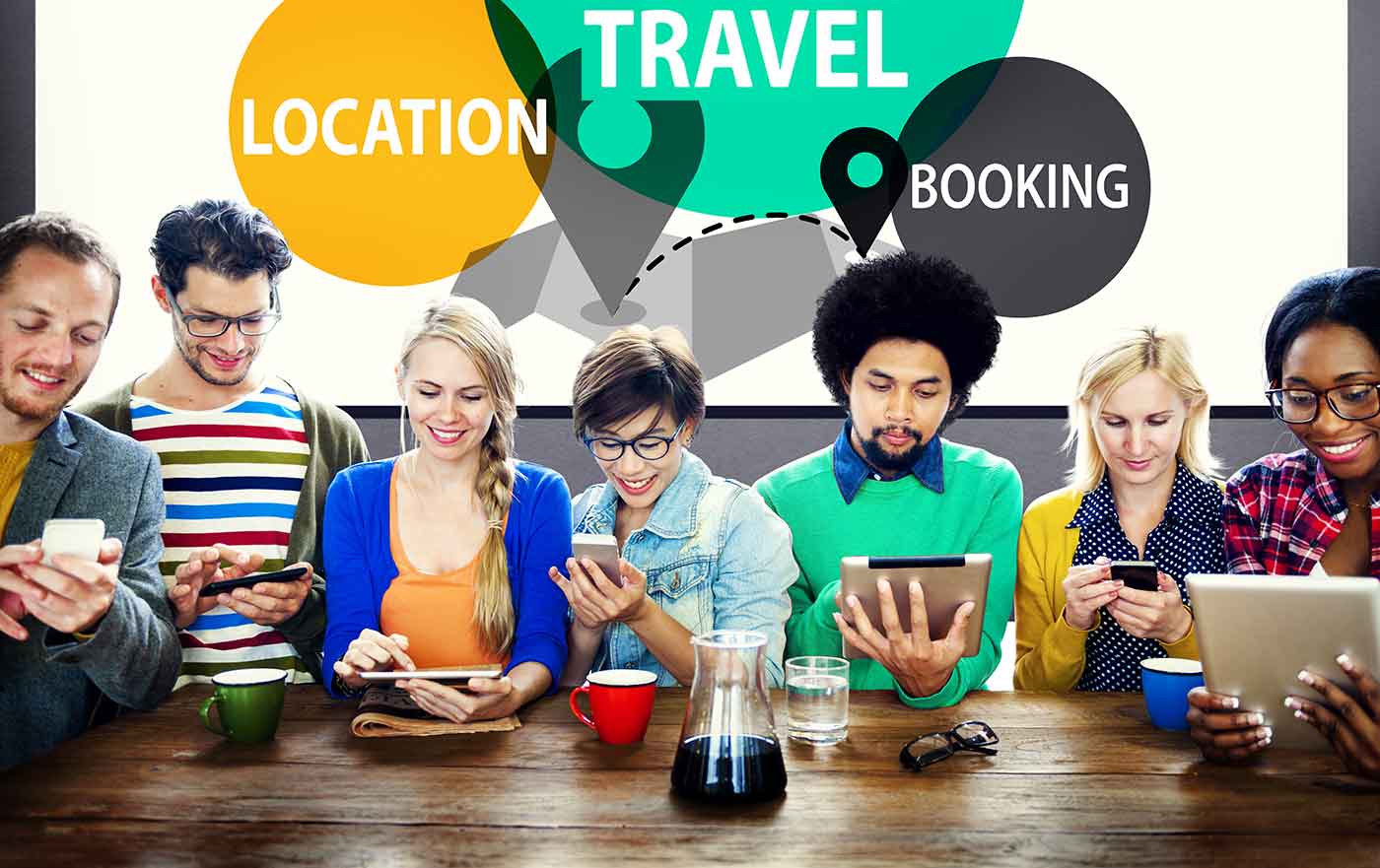In Need of Translation: Travel Sites
- Emily Feng
- February 2, 2016
- 5,496 views

Traveling is now easier today than ever before. Unfortunately, there still isn’t a one-stop-shop, truly global travel information site to fit everyone’s needs. Rather, travel sites remain regional or country-specific, catering to customers with a common language background. However, the explicitly international nature of travel makes it an industry that is one of the most in need of translation and localization.
Big travel booking sites like Expedia and Hipmunk, as well as travel forums and brands like Lonely Planet or Trip Advisor, are mainstays of the American travel market. However, they cater to an English reading audience only, which in this day and into the near future could be a big misstep.
Rising incomes in Asia and South America are granting people greater discretionary income to spend on travel, both domestically and internationally. As we’ve written before on the Big Translation Blog Series, China is now the world’s second-largest tourism and travel market – right behind the U.S. (Chinese tourists also spend the most when traveling abroad). Not far behind both countries is the development of India and its 1.4 billion citizens, whom will also continue to become wealthier and look to add to the global leisure and tourism market. Therefore, online travel sites and forums should consider catering to this new and organically larger customer base in these diverse and densely populated countries, to boost business and retain their competitive edge.
Offering a comprehensive travel experience to customers wherever they may be will require serious translation efforts. All travel services, ticket information, and booking information will need to be localized to different markets. Flights information is often pretty straightforward to translate; harder to translate are things like various travel services, including pick-ups,drop-offs, vehicle rental, hotel bookings, and tour packages. Often times, these services are offered by local businesses who typically post in the local language or convoluted English. For picky customers choosing between option A and B, the language of the service description itself may sway their final decision. Thus, having polished, translated content in a variety of languages is critical for international business. For travel sites, offering the option of posting content and hosting advertisements in a wider variety of languages would boost their sales and give customers more options as well.
However, the real value of investing in translation is the ability to highlight your user-generated content. User-generated content refers to all online content generated by users and netizens, rather than content posted by businesses, paid writers, journalists, or marketers. For travel sites, user reviews and comments represent the content of interest here.
We’ve already stressed the importance of user content for businesses today. This is especially true for businesses that sell higher-priced items (such as flights and hotel packages) and rely on good user experience to attract new customers. Think about it; you wouldn’t buy a car or invest in a house in a new area without first doing some research online and hearing what others have to say. The same goes for planning vacations and finding accommodations, where previous customer experience is more trusted than commercial copy.
Unfortunately, user content usually stays in the language the customer posted in, making it inaccessible to potential customers in another country. Some customers may even be dissuaded from posting reviews or comments of previous purchases because submission forms are only offered in English.
A stellar review of a resort package in Bali written in Spanish will likely only ever appeal to Spanish-speaking customers. Any potential revenue from non-Spanish speaking customers is lost without being able to translate your site’s online reputation and discussion into multiple languages. Thus, being able to translate high volumes of digitally-based user content will be a vital component of any travel company’s global strategy. Keep in mind that traditional translation models and services are no longer efficient for translating fast developing digital content, much less user-generated content. As a result, applying a traditional translation service to digital, social media, or user content usually costs more and takes longer than it should.
Fortunately, Stepes is designed with this kind of content in mind. Its mobile-centric model is geared towards translating large volumes of content at any length, from a ‘Tweet’ to a full-out research report. As important as content translation is, speed is also vital – Stepes can perform any job from anytime, anywhere, so new information can be translated into multiple languages in as close to real time as possible. Are you ready to go global with your travel company? Invest in translation globalization today to build up your future international presence.











